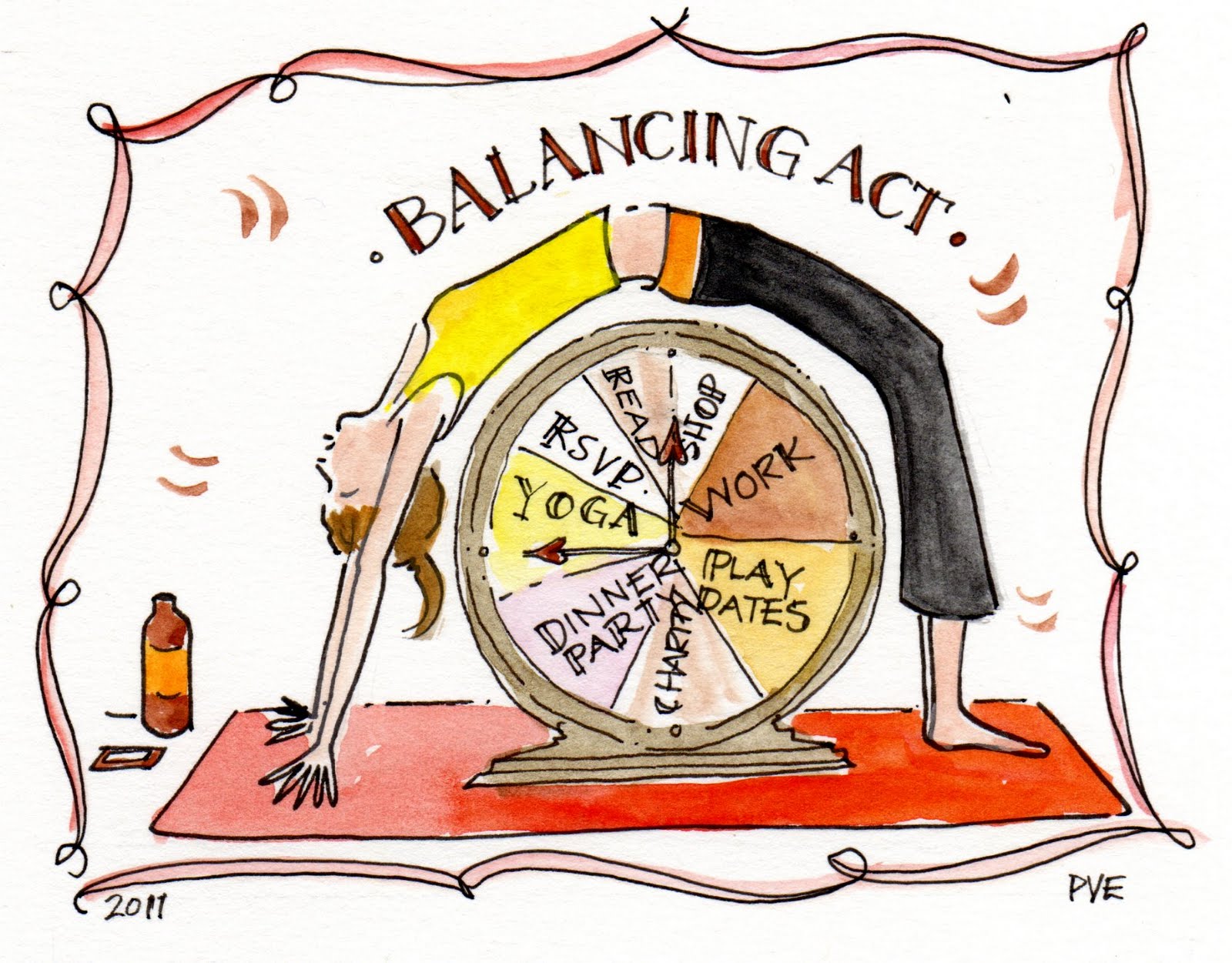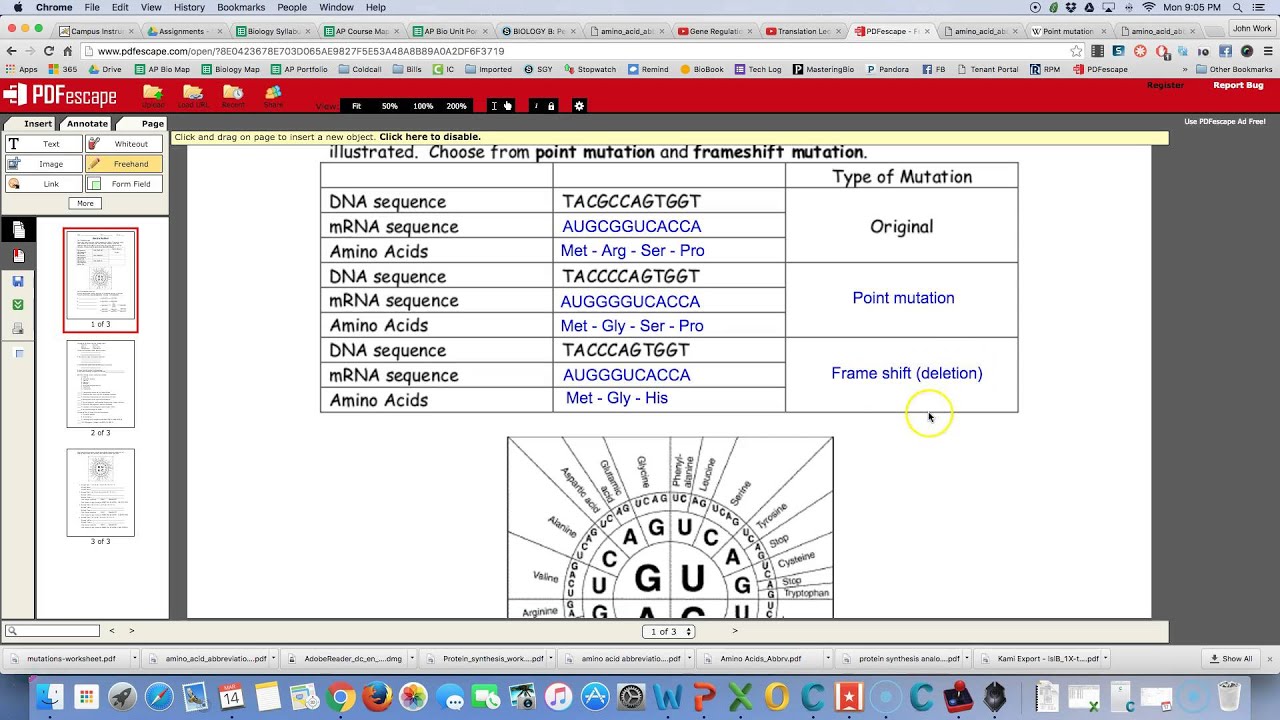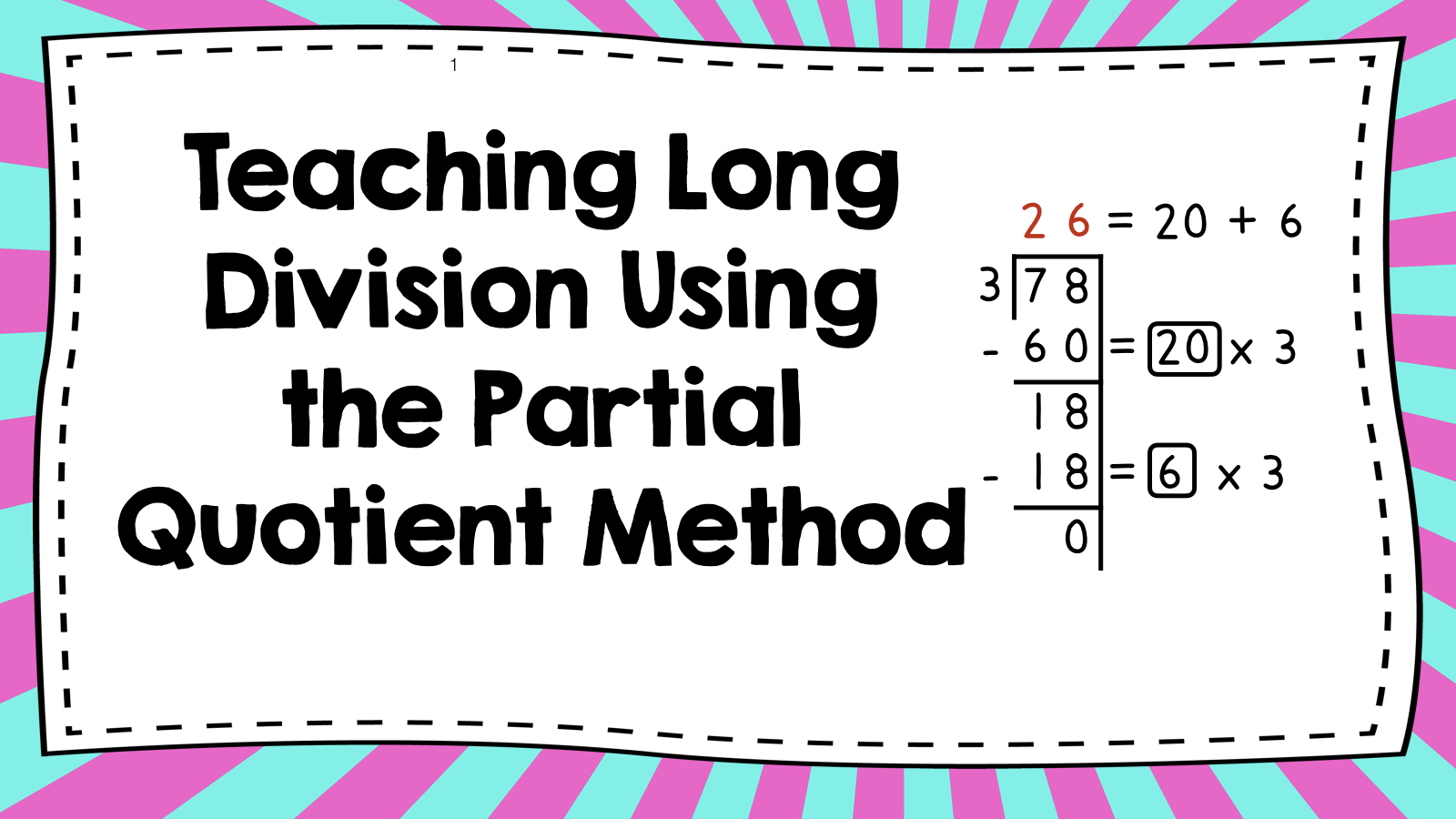Identify Your Emotional Triggers Worksheet
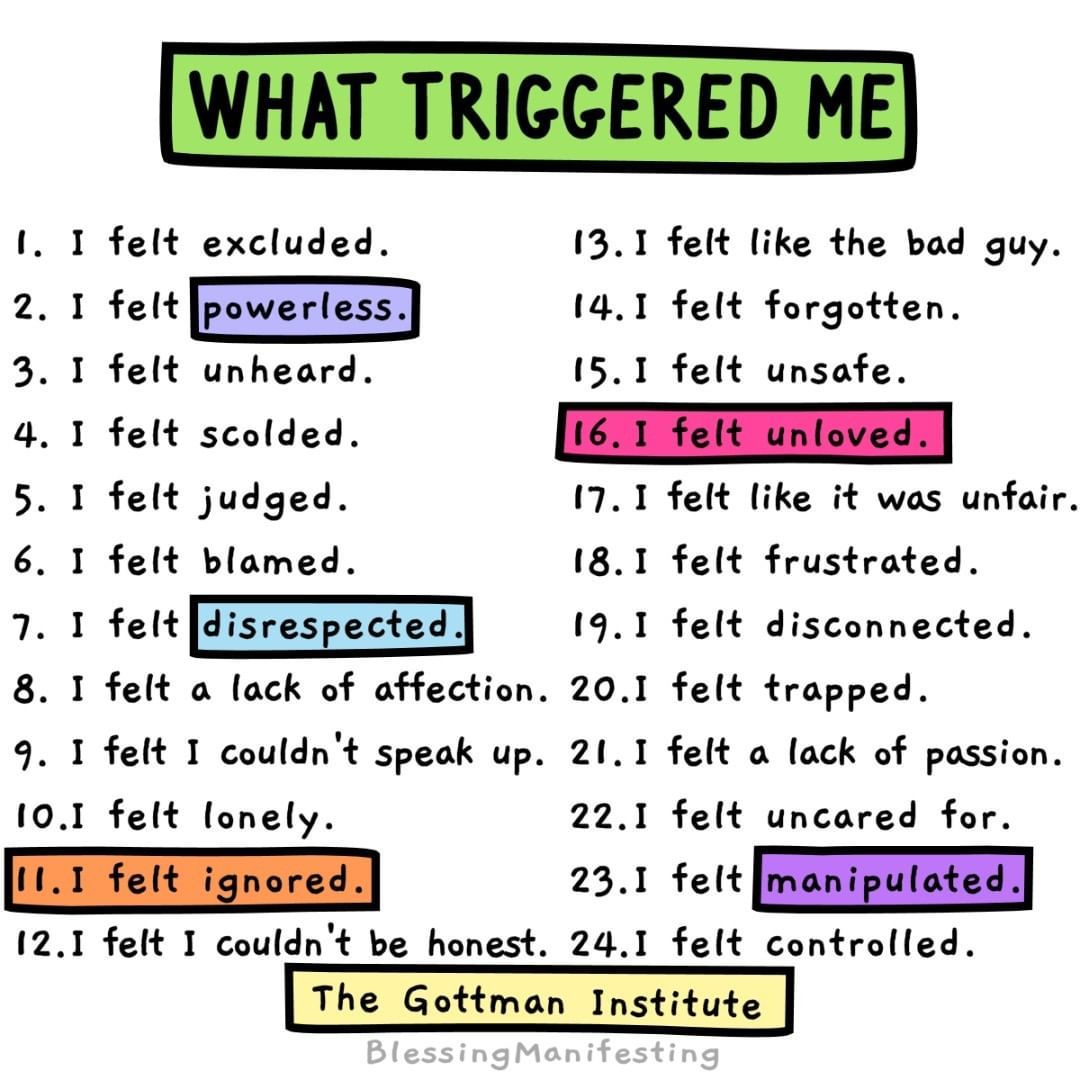
Understanding Your Emotional Triggers: A Step-by-Step Guide
Emotional triggers are stimuli that can cause an intense emotional response, often leading to feelings of anxiety, anger, or sadness. Identifying and understanding these triggers is crucial for managing emotions, developing emotional intelligence, and maintaining healthy relationships. In this article, we will provide a comprehensive worksheet to help you identify your emotional triggers and develop strategies for managing them.
What are Emotional Triggers?
Emotional triggers are personal, unique, and often subconscious. They can be thoughts, memories, situations, people, or events that set off a strong emotional response. These triggers can be positive or negative, but in this context, we will focus on identifying and managing negative emotional triggers.
Why is it Important to Identify Emotional Triggers?
Identifying emotional triggers is essential for several reasons:
- Emotional Awareness: Understanding your emotional triggers helps you become more aware of your emotions and thoughts, allowing you to better manage your feelings and behaviors.
- Improved Relationships: Recognizing your emotional triggers can help you communicate more effectively with others, leading to healthier and more fulfilling relationships.
- Reduced Stress and Anxiety: By identifying and managing emotional triggers, you can reduce stress and anxiety, leading to improved mental and physical well-being.
Identifying Your Emotional Triggers: A Worksheet
To help you identify your emotional triggers, we have created a worksheet that you can use as a starting point. Please find a quiet and comfortable space to complete this exercise, and be honest with yourself as you reflect on your emotions and experiences.
Section 1: Reflecting on Your Emotions
Take a few minutes to reflect on your emotions and think about the last time you felt:
- Anxious or stressed
- Angry or frustrated
- Sad or depressed
- Overwhelmed or helpless
Write down the situation, event, or memory that triggered these emotions:
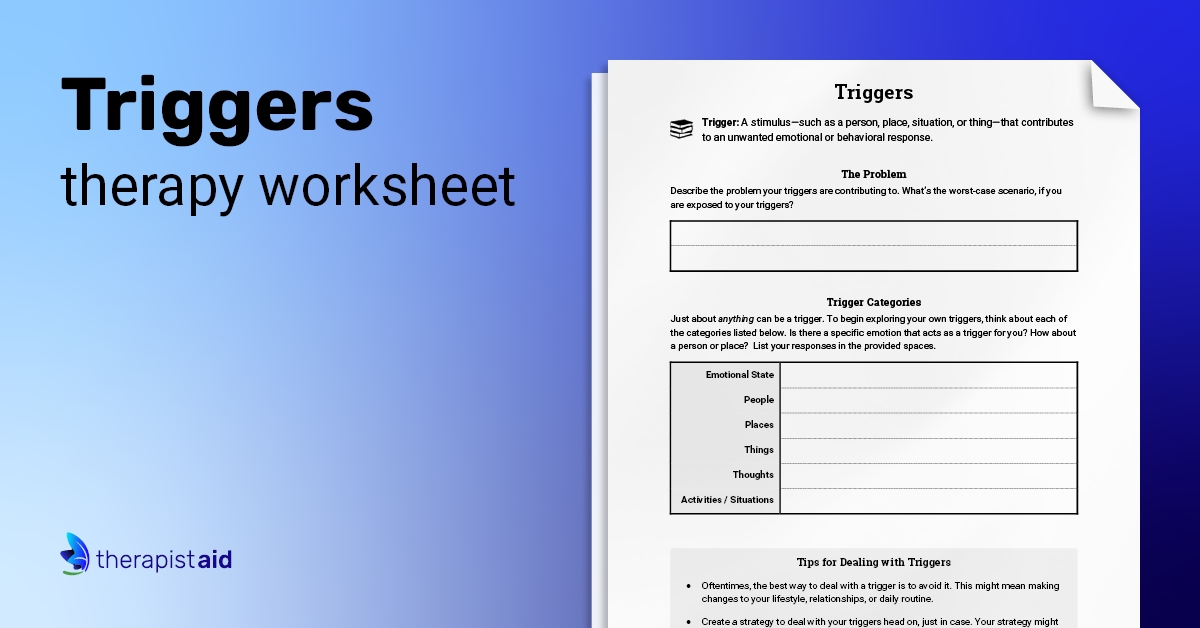
| Emotion | Situation/Event/Memory |
|---|---|
| Anxious/Stressed | |
| Angry/Frustrated | |
| Sad/Depressed | |
| Overwhelmed/Helpless |
Section 2: Exploring Your Triggers
Now, let’s explore your emotional triggers in more depth. Please answer the following questions:
- What are some common themes or patterns that you notice in your emotional triggers? (e.g., fear of rejection, fear of failure, etc.)
- Are there any specific people or groups that trigger strong emotions in you?
- Are there any particular situations or events that consistently trigger negative emotions in you?
- Are there any memories or past experiences that continue to trigger strong emotions in you?
Write down your answers to these questions:
📝 Note: Be honest with yourself, and don't worry about what others might think. This is your personal reflection, and it's essential to be authentic.
Section 3: Developing Strategies for Managing Your Triggers
Now that you have identified your emotional triggers, it’s time to develop strategies for managing them. Please consider the following:
- What self-care practices can you implement to reduce stress and anxiety? (e.g., exercise, meditation, etc.)
- How can you communicate more effectively with others to avoid conflicts and triggers?
- What coping mechanisms can you use to manage overwhelming emotions? (e.g., deep breathing, journaling, etc.)
- Are there any support systems or resources that you can rely on when you need help managing your emotions?
Write down your strategies for managing your emotional triggers:
| Trigger | Strategy |
|---|---|
Conclusion
Identifying your emotional triggers is a powerful step towards managing your emotions, developing emotional intelligence, and maintaining healthy relationships. By using this worksheet, you have taken the first step towards understanding your emotional triggers and developing strategies for managing them. Remember that this is an ongoing process, and it may take time to fully understand and manage your emotional triggers.
As you continue on this journey, be patient with yourself, and don’t hesitate to seek help when you need it. With time and practice, you can develop the skills and strategies necessary to manage your emotional triggers and live a more balanced, fulfilling life.
What are some common emotional triggers?
+Common emotional triggers include fear of rejection, fear of failure, past traumas, and social pressures. However, emotional triggers are highly personal and can vary greatly from person to person.
How can I manage my emotional triggers?
+Managing emotional triggers requires a combination of self-awareness, self-care, and coping mechanisms. This can include practices such as meditation, exercise, and journaling, as well as seeking support from friends, family, or mental health professionals.
Can emotional triggers be changed or eliminated?
+While some emotional triggers may be difficult to eliminate entirely, it is possible to change your response to them. By developing emotional awareness and implementing effective coping mechanisms, you can reduce the impact of emotional triggers on your life.
